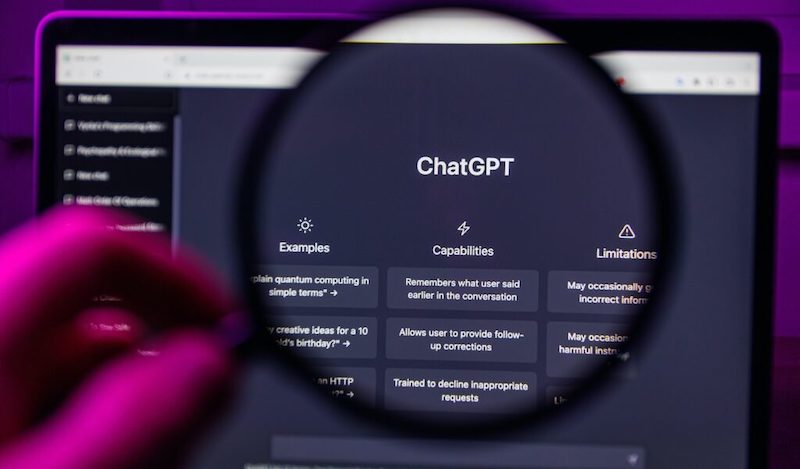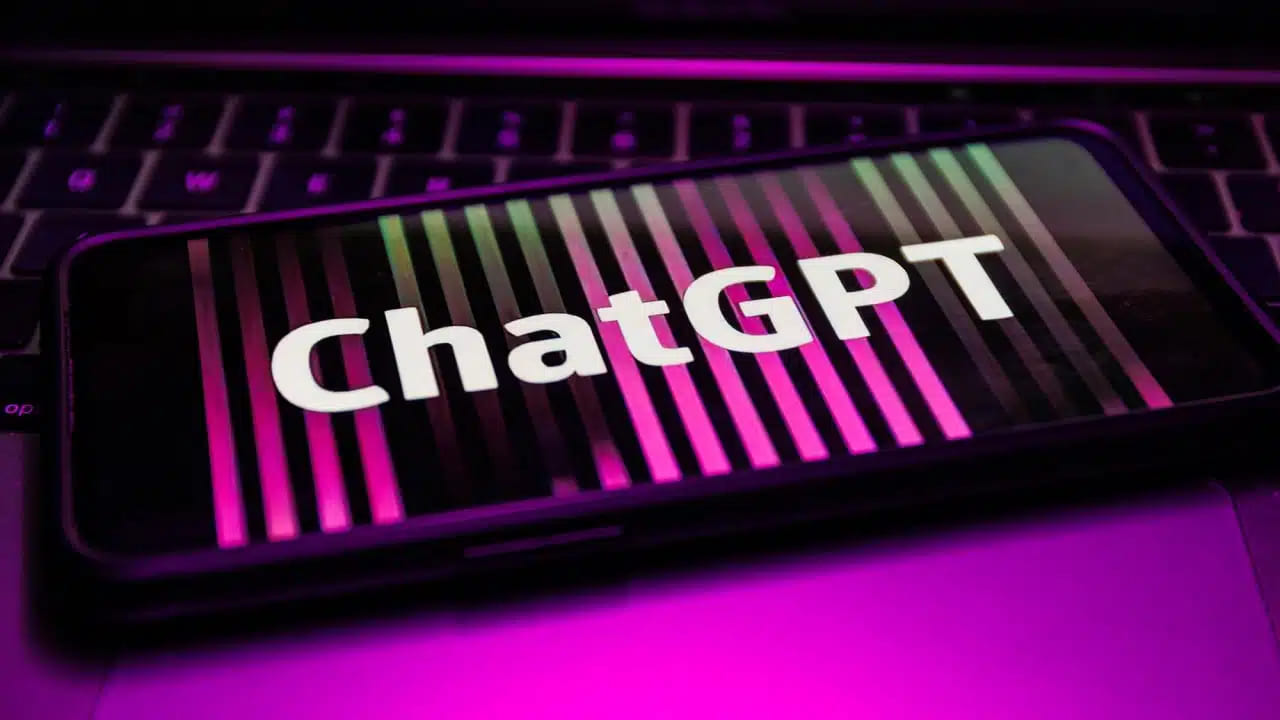Since generative artificial intelligence has entered our lives with force, it seems that few have really tried to understand how it works.
It is much more attractive to divide yourself into two categories of fans, and decide that ChatGPT and related software will be the salvation, or ruin, of humanity.
Luckily there are interventions (and books, like one we recently reviewed) that try to bring order, and invite a rational, and therefore constructive, attitude on the topic.
As happens with every great scientific or technological innovation, we remember once again that the use made of it is fundamental. AND For the tireless detractors of generative AI, today’s news is a hard blow. Because ChatGPT even diagnosed a disease, after 17 doctors had failed. Let’s find out what happened.

Alex’s mysterious illness
The story of Alex’s illness is told by his mother Courtney, who for privacy reasons omits her surname and city of residence.
In an interview with Today, Courtney said that her son Alex’s pain began in 2020, in full lockdown. The child, then four years old, complained of chronic pain, but also chewing problems. From there a visit to the dentist and then to the orthodontist, who explained how Alex’s night breathing problems were caused by the small size of the palate. A medical device in the oral cavity only temporarily improved the situation, but then the symptoms worsened.
Alex had practically stopped growing. Thus paediatricians, neurologists and otolaryngologists were consulted. In three years, seventeen doctors contacted provided the most varied diagnoses, none of which were conclusive.
ChatGPT and disease diagnosis
One day, in desperation, Courtney chatted with ChatGPT, trying to detail Alex’s symptoms as much as possible. Copying from the medical record, she inserted into the conversation the results of all the tests her son underwent.
Ed here ChatGPT provided his diagnosis of the disease: tethered cord syndromealso known as spina bifida occulta or spinal cord tethering syndrome.
The different diagnosis from the previous ones intrigued Courtney. She first turned to a Facebook group, then she contacted a neurosurgeon specialized in this pathology. The doctor examined Alex and confirmed the diagnosis. The child then underwent surgery to correct his spine, and is now in the recovery phase.
ChatGPT and medicine
The fact that ChatGPT guessed the diagnosis of Alex’s illness shouldn’t be considered a miracle.
“Nourished” by a wealth of information, including in the medical field, the software is as if it were a very expert and up-to-date doctor in every field. This, of course, does not mean that ChatGPT will be able to replace the diagnosis of human doctors, nor that it will achieve infallibility. But he can certainly be a very valuable assistant.
On the other hand, the less known a disease is, the more difficult it is to identify it precisely. Medici comes to mind, the final episode of the film Dear Diary, where Nanni Moretti tells the (true) story of his odyssey between doctors of different addresses, who for months were unable to diagnose him with Hodgkin’s lymphoma.
ChatGPT as a medical and psychological assistant
Since ChatGPT has been on the market, its reliability in the medical field has been evaluated by many.
Last May, for example, Il Sole 24 Ore asked ten doctors to question ChatGPT on their reference disciplines. When asked about oncology, paediatrics, neurology, infectious diseases and more, the software more or less always responded in an acceptably correct manner, but with some gaps, sometimes glaring.
Confirming the fact that his diagnoses can be supportive, but must necessarily be supervised by specialists. Without forgetting that, over time, OpenAI’s product should prove to be increasingly reliable.
Then there are those who – Wired reports in a June article – do I also appeal to ChatGPT for psychological advice.
We believe the risks and limits of this practice are intuitive. Also because, let’s remember, one of the fundamental elements of psychological therapy is the relationship that is established between the professional and those who entrust themselves to his care.















Leave a Reply
View Comments